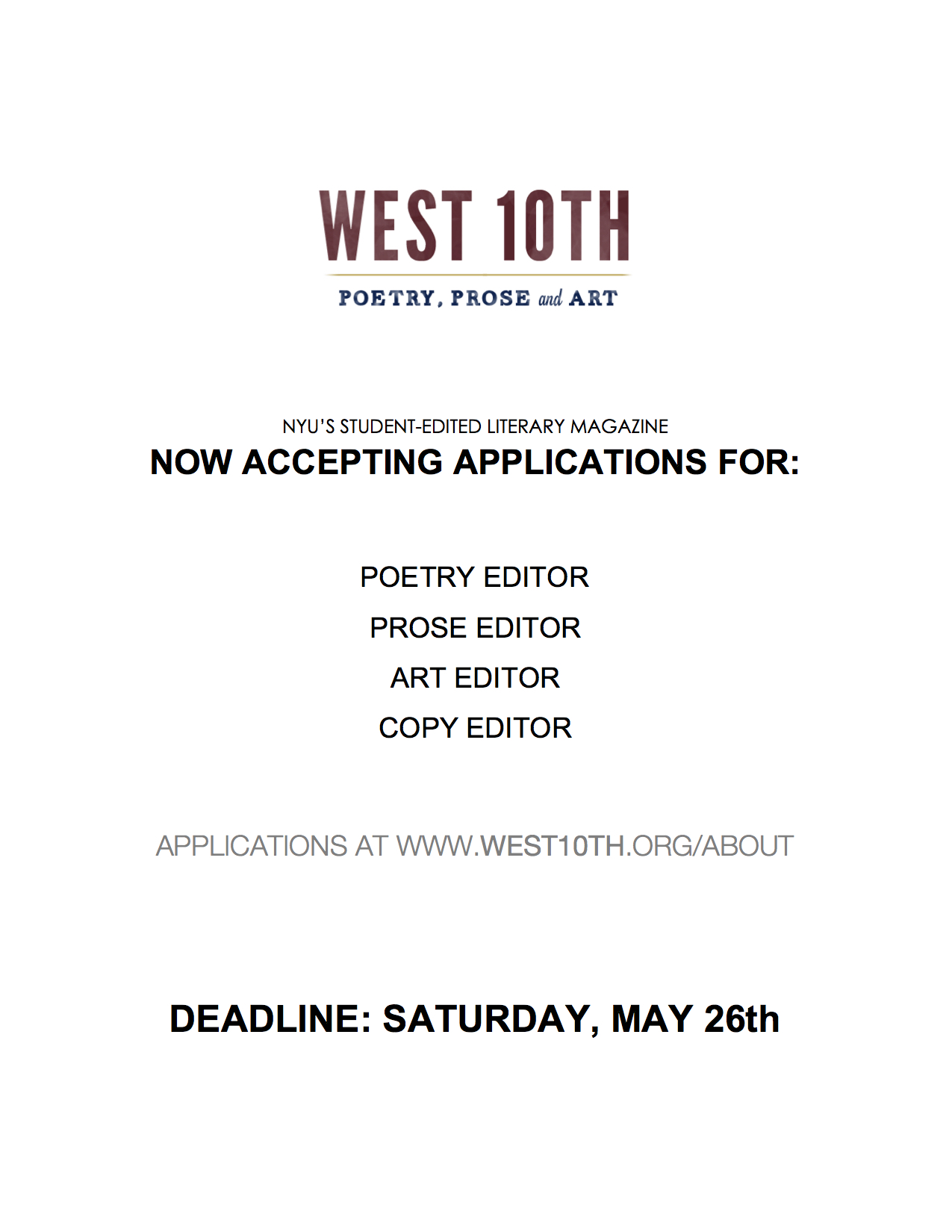The 1$ Game: 50 Shades of Grey
“The 1$ Game” is a series by one of West 10th’s Prose Editors, Victor Galov, published every other Friday. Victor buys any book that catches his attention — and costs a dollar or less. Some are Pulitzer winners or literary classics. Others are clearly neither. What do “The Fountainhead,” “The Prince,” and “50 Shades of Gray” have in common? You could find all three for just 1$.
This time of year is often stressful, frustrating, and cold. So needing a bit of warmth and comfort, I read 50 Shades of Grey, by E.L. James this weekend. It got me all fired up, too. In all the ways I’m sure the author hoped I wouldn’t be.
50 Shades details in clear, precise, grueling prose the relationship between Ana Steele (clumsy insecure literature lover) and Christian Grey (genius, billionaire, playboy, philanthropist.) He plays sad piano music after having sex with women in his penthouse apartment. She is always worried she will drop things. He flies airplanes and was abused as a kid. She is a middle school aesthetic that reads AP Lit books and works in a hardware store every now and then. He ties his secretaries up in BDSM dungeons. She’s never held a guys’ hand before. Your standard love story, right?
The sex-scenes are alright? I’m not an expert in erotica as a genre, I’ve read a few such novels though, some on purpose and others by accident. This ones about average? He doesn’t have a dragon tattoo on his chest, and the dirty-talk is kept to a relative minimum so that’s nice. There’s one scene where it mentions that he is wearing a leather jacket and that was the only one that got my heart to thump, once, solidly in my chest. But then he just takes it off. And talks about how he’s sorry for being a jerk. And then he’s a jerk, again, in that same scene. It never even says what happens to the jacket. Is it in Ana’s apartment, still? Or did he put it back on and take it home. Somehow I feel the sequels don’t address that plot hole.
Normally I defend and champion clear, well written prose. But in this case, it just kept me from getting lost in the plot- or otherwise confused. I was forced to be present for every, single, word. If you’re looking for fantasy fulfillment, or even just a lesson in how good prose can fit a niche with some good marketing skills, this is the book to study. Check any second-hand bookshop; I go book-hunting pretty often and I’ve only ever noticed a handful of shelves without it there, reminding you of its existence. 50 Shades of Grey is an interesting, albeit rightfully critiqued relic of a not-so-distant past.
And I grabbed it for a dollar.


